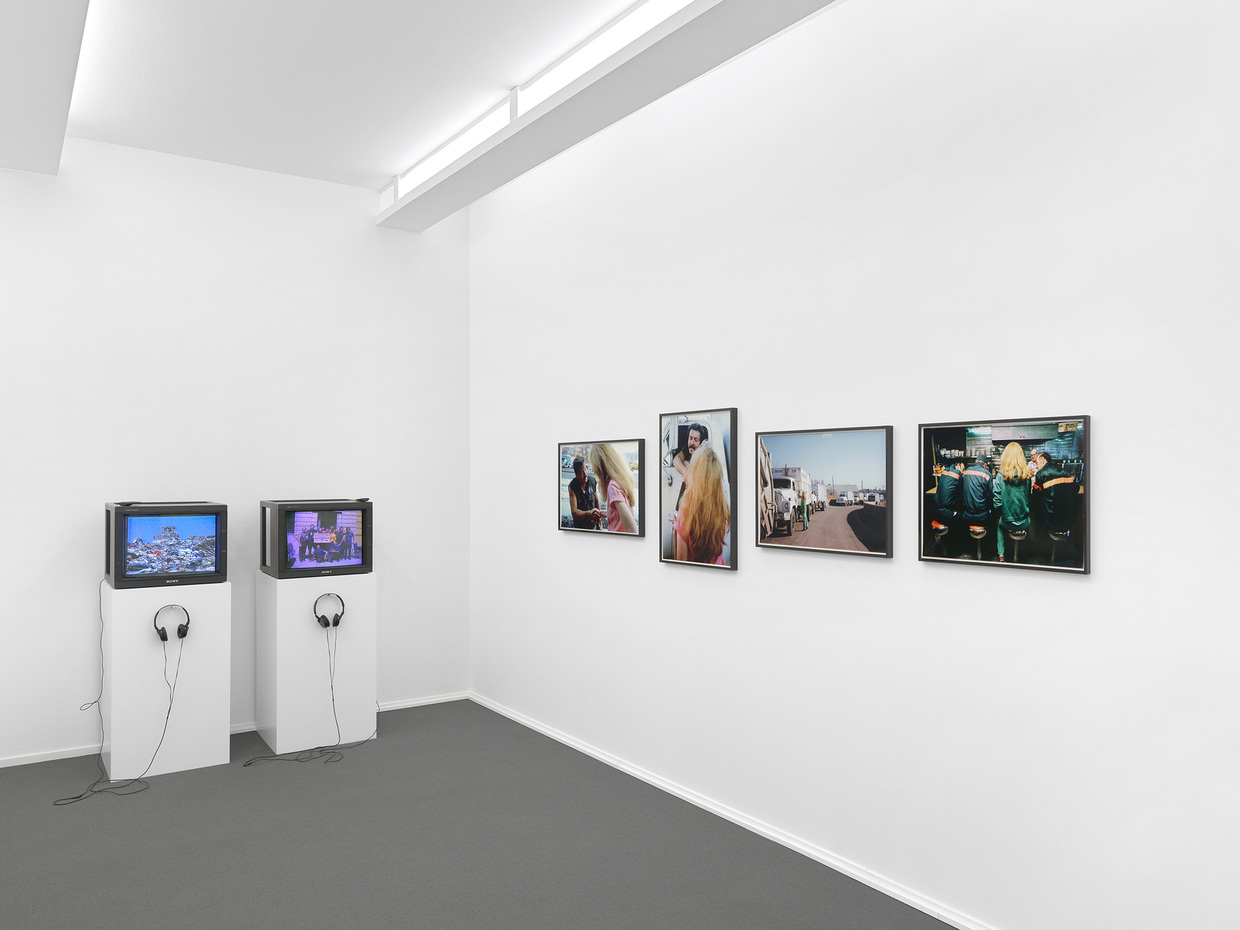As an artist, a wife, and a mother, Mierle Laderman Ukeles (b. 1939, Denver, CO) found herself marginalized by both the political and the art worlds in the midst of the 1968 social changes. With a simple question—“After the revolution, who’s going to pick up the garbage on Monday morning?”—she raised the significance of the life-sustaining work that enables revolutions to happen and is still needed in their aftermath. Following this conviction, Ukeles wrote a Manifesto for Maintenance Art (1969), in which she refers to mothers as care workers, and elevates the unpaid labor of women to an artistic process. By stating that the value of repeatable, everyday actions—such as cleaning, cooking, washing, mending, and changing sheets and diapers—is overshadowed by a focus on the new, advancement, and excitement, she called into question the very foundations of the historical avant-gardes.
In the years that followed, Ukeles developed live performances based on the proposals she made in her Manifesto for Maintenance Art. Her focus shifted from the household to the institutional sphere, complicating the social and gendered division and illuminating the hidden powers of those who benefit from it.
In 1976, she started engaging with the city as a site of maintenance, or the “city-as-home.” The performance Touch Sanitation (1977-1980) is Ukeles’ first project as the official unsalaried artist-in-residence at the New York Sanitation Department (DSNY), a self-initiated role that defined her place within New York City over the next 40 years. This large-scale project took eleven months to execute, engaged 8500 sanitation workers, and resulted in numerous long-duration performance pieces—some of which are presented in this exhibition through archival photographs and videos. These documents reveal Ukeles’ respectful communication and curiosity for her subjects, while initiating a long-term collaboration with DSNY workers.
Ukeles later developed choreographed routines and actions in which heavy-duty municipal vehicles such as garbage collection trucks, snowploughs, barges, towboats, and other vehicles perform outdoor, ballet-like performances.
- The exhibition, organized by Lionel Bovier and Elisabeth Jobin, echoed the one organized by John M Armleder at Ecart booth in Basel in 2022
